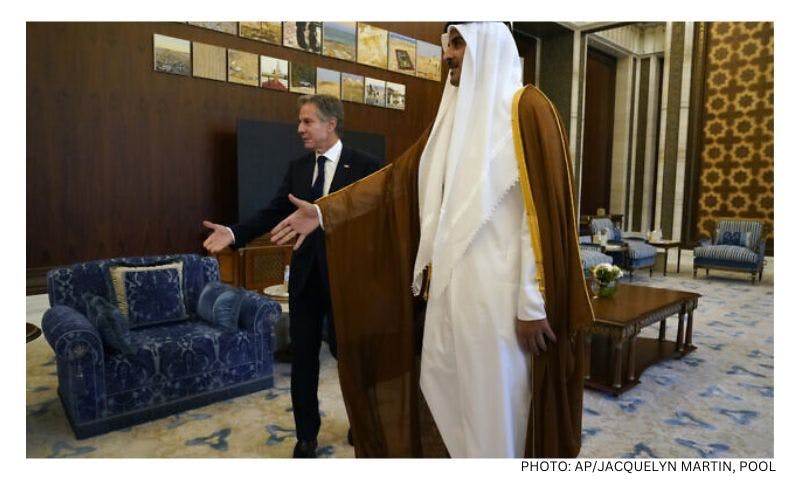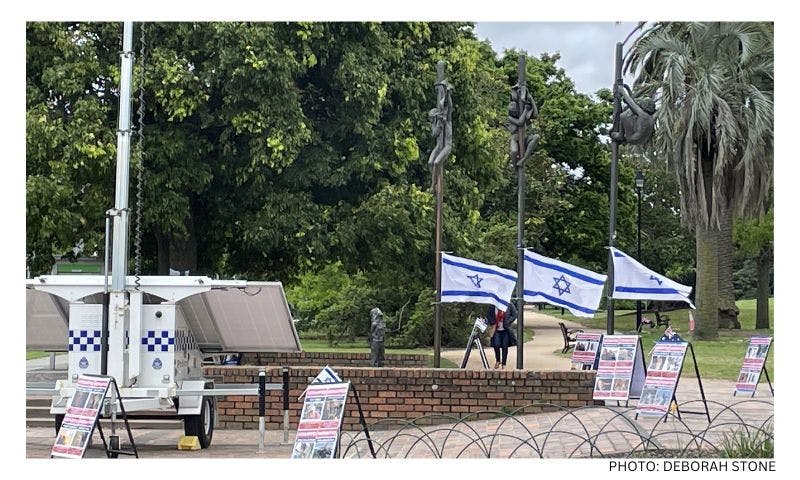Published: 25 September 2020
Last updated: 4 March 2024
IT IS HARD TO AVOID a foreboding, even apocalyptic, sense as we approach 5781. The global Covid contagion, joined by raging fires, the seeming corrosion of democracies (including in Israel), and political instability, lend the impression that the world is spinning out of control.
The situation reminds us of the theological principle of hester panim, that God’s face is concealed. We read of this phenomenon in the psalm that is recited every day during the month of Elul (27: 9): “Do not hide Your face from me; do not thrust aside Your servant in anger.” Various religious thinkers over the ages declared that due to our sins, the Jewish people were in exile and God’s providence was suspended.
One of the most pointed expressions of hester panim was sparked by the Holocaust, when Jews raised their eyes to heaven in perplexity and rage. Where is God? How could God abandon us at our hour of greatest need?
Few have captured this question better than the author Zvi Kolitz in his novella, Yosl Rakover Talks to God. Yosl struggles to make sense of the collapse of the universe as he had known it: “God has hidden His face from the world and given mankind over to its own savage urges and instincts.”
For some Jews, this act constituted an irreparable breach. For others, it served to affirm an up-and-down, life-sustaining and unbreakable relationship.
Today, thankfully, we do not face genocidal forces as in the Holocaust. But Covid challenges us in every domain of life, including theologically. We implore God in our daily prayers to heal the sick. We recite Avinu Malkenu in the hope that God will prevent people being harmed. But to no avail.
Whether we continue to believe or not, we are not pawns of an indifferent God whose face is concealed. We are agents of our own making, especially after we have entered the month of Elul and the work of heshbon ha-nefesh (spiritual accounting).
One of the most compelling early 20th century rabbinic voices was the eastern European Aharon Shmuel Tamares (1869-1931), the socialist, pacifist traditionalist who spoke of the need for a repentance of love (teshuvah mi-ahavah). Insofar as we come to this world through love —indeed, no child is born with hate in their heart — we are obligated to love others. This is a realisation of the most basic human impulse.
John Lewis exemplified the pursuit of justice as an act of love, faith, and joy. At the same time, he was indignant and critical when he perceived immorality, as, for example, his refusal to attend the inauguration of President Donald Trump.
Rav Tamares was not a starry-eyed utopian. He possessed a hard-headed ethical bearing that compelled him to speak truth to power. He called the leaders in his time “official criminals (who) create around them a circle of corrupt and cunning people” and abhorred their haughty sanctimony.
His trenchant criticism does not lead to surrender, but to an ethical activism that demands an accounting of one’s soul as a prerequisite to pointing out the moral lapses of others. Never should we shirk our responsibility to fight corruption and indecency, which would spurn our origins in love and respect.
There may be no more noble successor to Rav Tamares than the recently departed American social justice warrior, John Lewis. Born on a share-cropper’s farm in rural Georgia, Lewis made his way to Fisk University and Baptist seminary in Nashville where he met the Rev. James Lawson, newly returned from India where he learned the teachings of Gandhi’s non-violence.
[gallery columns="1" size="full" ids="38401"]
Lewis became a prized disciple of Rev. Lawson, as well as one of the youngest leaders of the civil rights movement. He was as unflinching in his commitment to non-violence as he was in his struggle for racial equality. Lewis suffered physical violence, most infamously at Selma, Alabama, in 1965, where he was badly beaten while leading demonstrators heading to Montgomery, demanding equal rights. Eventually, Lewis’ activism took him to Washington, where he served as a congressman for 23 years.
Remarkably free of rancour, Lewis exemplified the pursuit of justice as an act of love, faith, and joy. At the same time, he was indignant and critical when he perceived immorality, as, for example, his refusal to attend the inauguration of President Donald Trump.
He also refused to attend the speech in Congress in 2015 by Benjamin Netanyahu, who had been invited — against all norms of American protocol — by the Speaker of the House without consultation with the President and House Democrats. Lewis also opposed the BDS movement, but at the same time, resisted attempts to pass laws directed against supporters of boycotts against Israel.
These actions reveal the fine art of discernment based on a loving but critical ethos. It is precisely this discernment that we ought to bring to our relationship with Israel. We must not surrender our strong bonds to that place and to the ideal that we love; but neither are we permitted to suspend our critical or moral faculties when Israel engages in behaviour that violates our Jewish and universal values.
The task is daunting. A decade of assaults on Israel’s democratic foundation, part of a larger global illiberalism, seems interminable. And the 50-year occupation of the West Bank, so dehumanising to Palestinians, seems irreversible. But how daunting must the task have seemed to a young John Lewis as he stood on the Edmund Pettus Bridge in Selma and faced America’s legacy of slavery and racism?
Rather than succumb to despair, he dug deep and drew from an untapped reservoir of strength. So must we, by reaffirming our commitment to the struggle for justice in Israel.
John Lewis’ most enduring legacy to us may well be his repeated call to engage in “good trouble”, to disrupt patterns of inequality and injustice wherever we find them. Whether God is looking or looking away, this is our obligation as humans and as Jews. Now more than ever.
Illustration: Avi Katz




